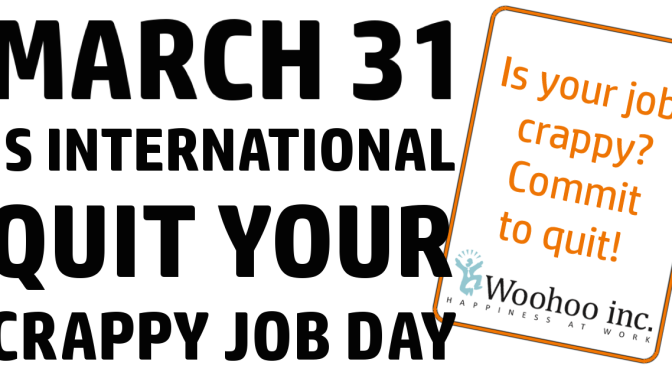
My store manager implemented an embarrassing (and happily short-lived) safety incentive: Employees caught violating safety procedure were immediately given a two-foot rubber chicken on a string to wear around their necks–in front of customers. To get rid of the chicken, an employee needed to catch another employee behaving “unsafely.”
The practice quickly descended into a game of hot potato, with employees chasing one another around the store in search of the slightest violation to rid themselves of the safety chicken.
Source: workingamerica.com’s MyBadBoss contest.
Many people don’t feel motivated at work, and there’s a very simple explanation for this: The motivational techniques used by most managers don’t work.
While few companies use rubber chickens (fortunately), most of the standard motivational tools like promotions, bonuses, employee of the month awards, pep-talks and free-pizza-nights are downright harmful to the drive, energy and commitment of employees. It only leaves them feeling manipulated, cynical and demotivated.
The result: According to one Gallup study 60-80% of workers are not engaged at work. They feel little or no loyalty, passion or motivation on the job. They’re putting in the hours, but they’re not doing a great job and they’re certainly not happy at work!
As the illustration above shows, there are four different kinds of motivation. Only one of them works and unfortunately, many managers focus exclusively on the other three. Kinda silly, huh?
These are the four different kinds of motivation:
(more…)
 David Maister, one of the world’s leading authorities on the management of professional service firms, read my book and says that:
David Maister, one of the world’s leading authorities on the management of professional service firms, read my book and says that:


 I have just uploaded a workbook containing the exercises for my brand new book Happy Hour is 9 to 5 – How to Love Your Job, Love Your Life and Kick Butt at Work.
I have just uploaded a workbook containing the exercises for my brand new book Happy Hour is 9 to 5 – How to Love Your Job, Love Your Life and Kick Butt at Work. On my post about
On my post about 

 On my post about
On my post about 

